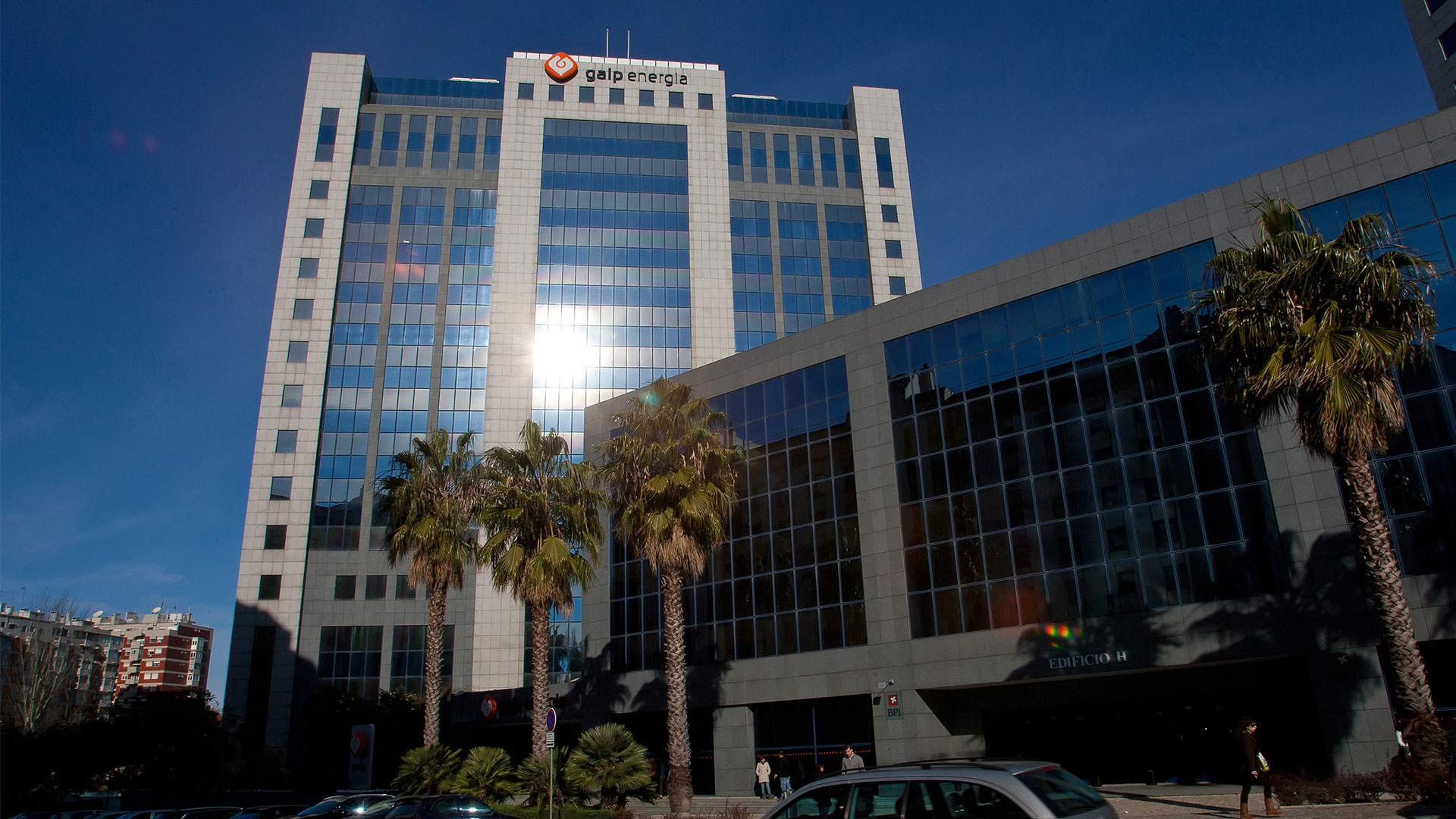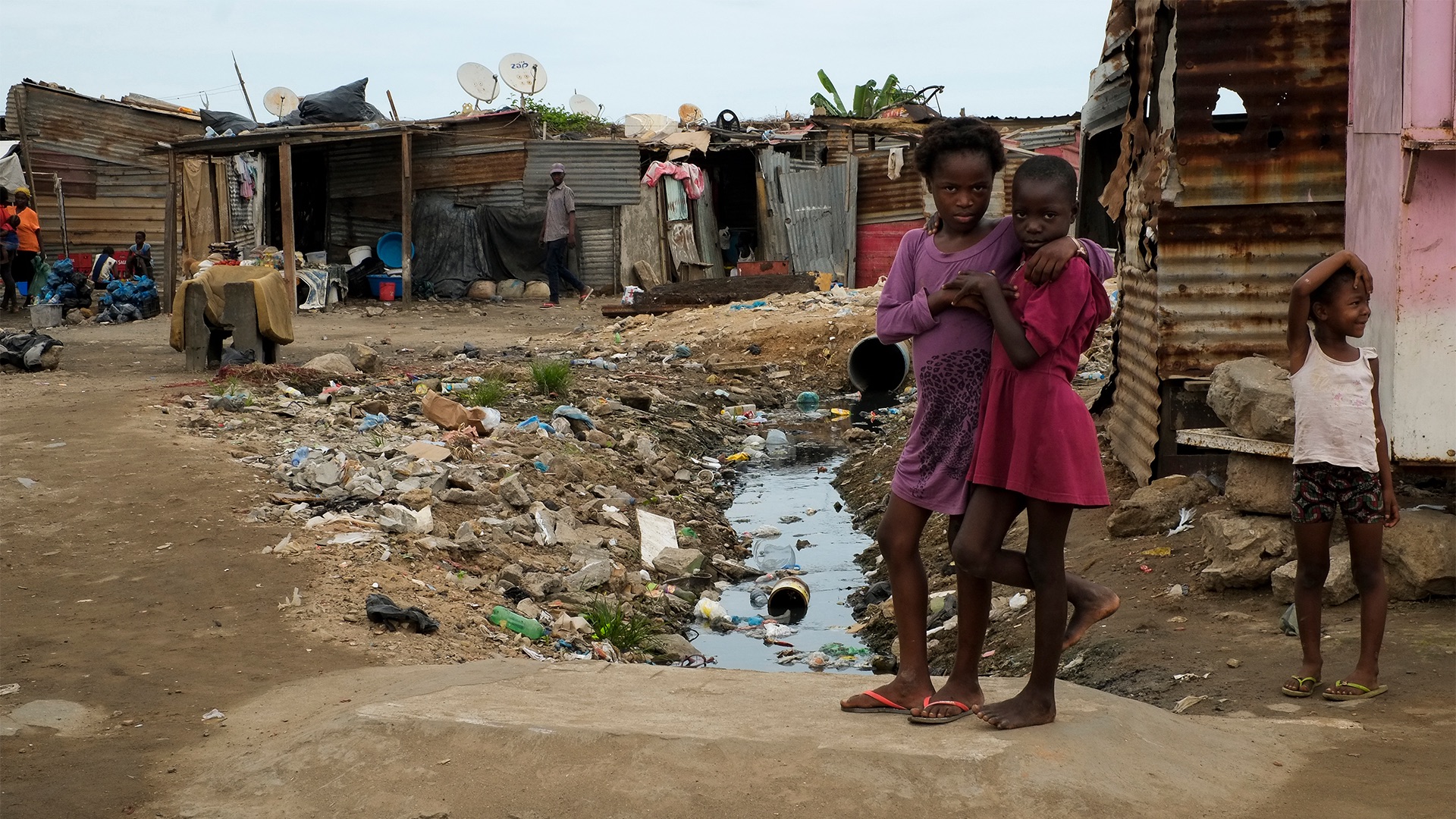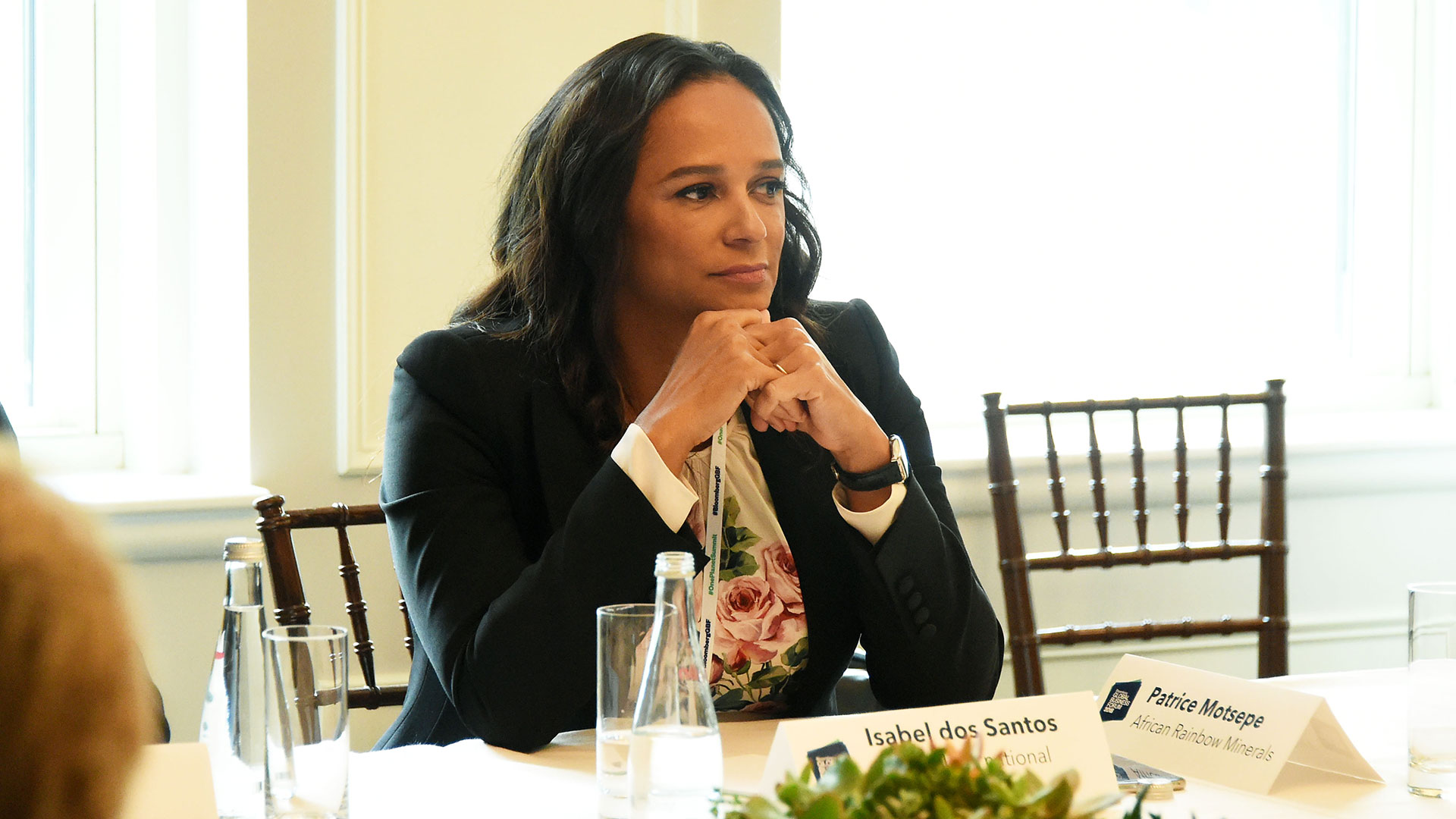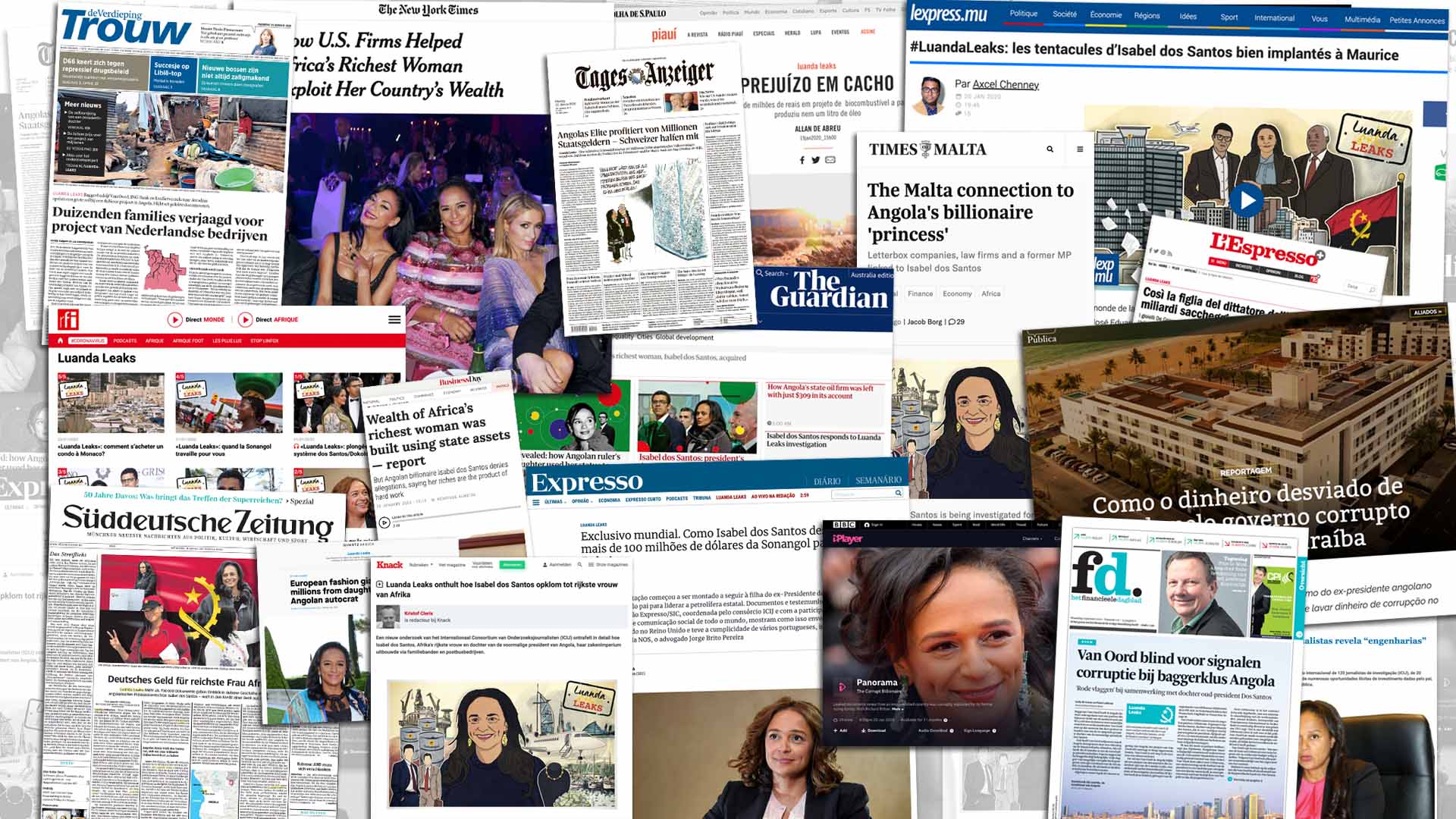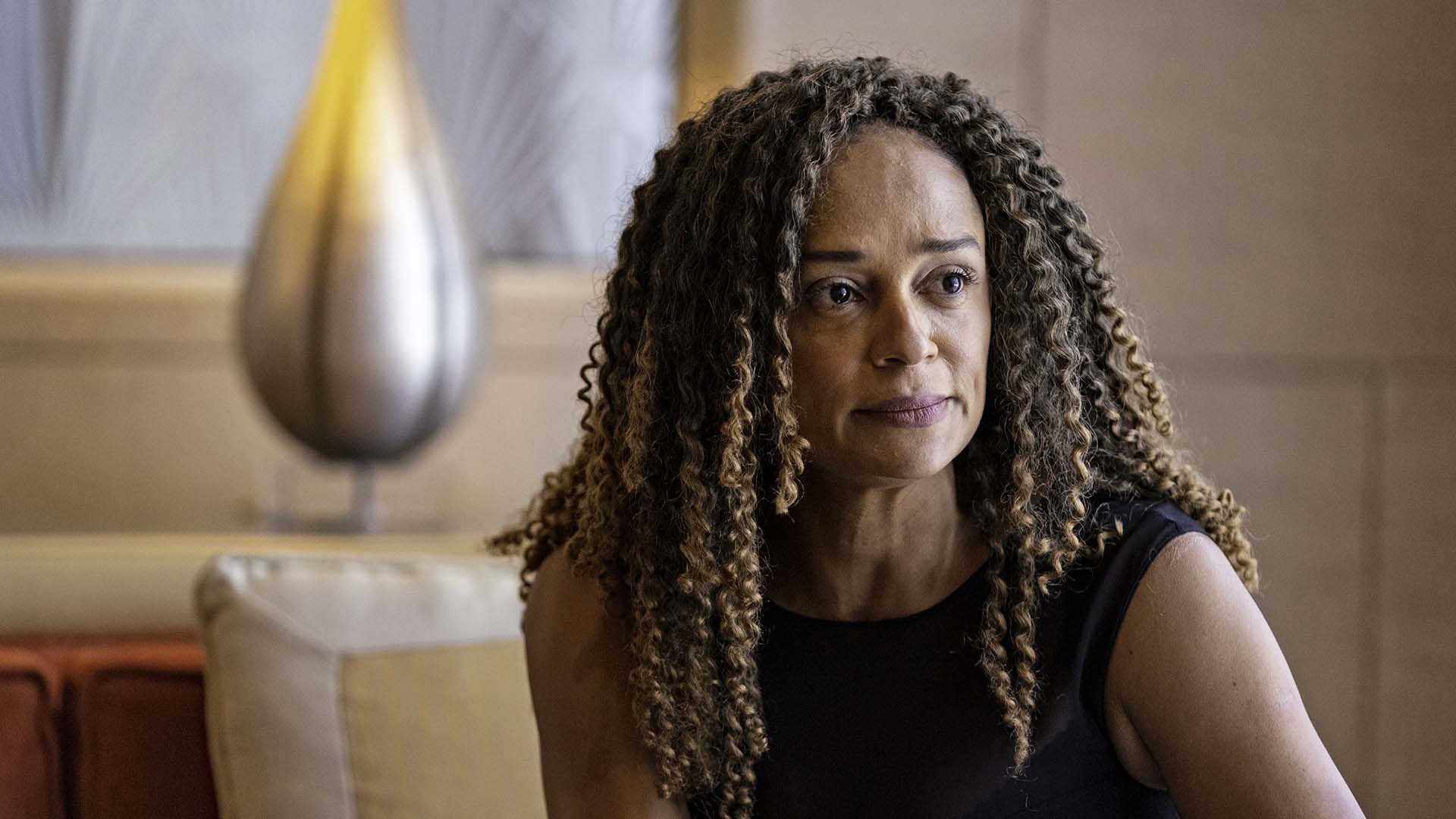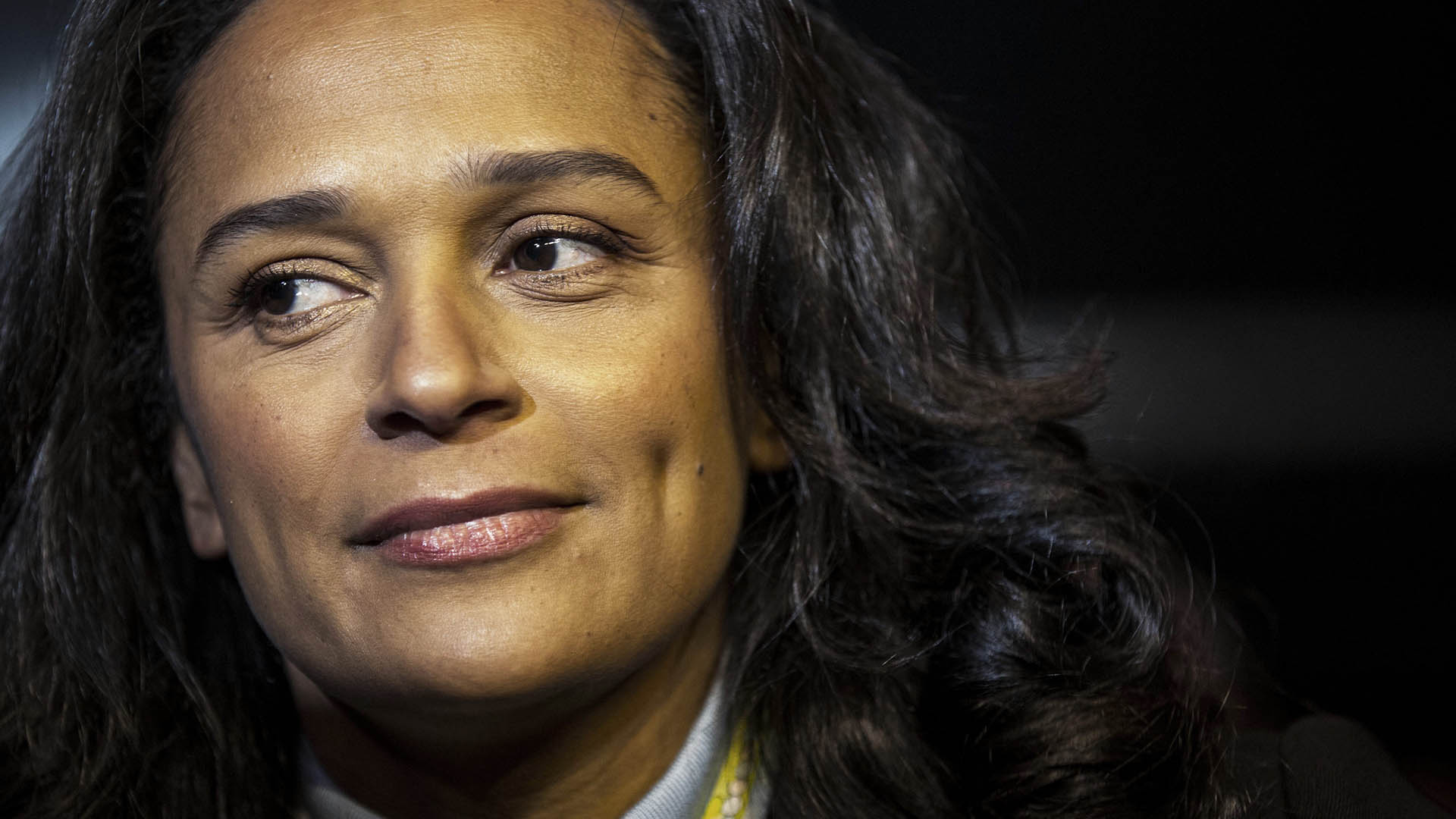Authorities in Portugal and Cape Verde are investigating companies and service providers linked to Isabel dos Santos, the African billionaire who now faces charges of money laundering and embezzlement of public funds in Angola.
The authorities’ moves follow Luanda Leaks, an investigation by the International Consortium of Investigative Journalists and 36 media partners, that exposed the financial schemes and web of intermediaries that helped the daughter of Angola’s former president amass a fortune that is estimated at $2 billion.
Cape Verde’s finance minister has ordered a probe into how a bank owned by dos Santos was granted a license to operate in his island nation.
In Portugal, where dos Santos holds significant stakes in major energy, banking and media businesses, the fallout from the investigation was swift. In the last week:
- The top prosecutor said the agency will investigate money-laundering allegations related to large money transfers from the dos Santos’ Portuguese accounts, local media reported.
- The Portuguese Securities Market Commission, the country’s market watchdog requested energy company Galp and telecommunications firm NOS, in which the businesswoman holds shares, to provide information and clarifications on their internal procedures.
- The Commission also opened an inquiry into “the auditing firms most exposed to the Luanda Leaks revelations, focusing on several issues, including their duties regards [anti-money laundering] and the legal certification of accounts,” the spokesman told ICIJ via email, without specifying the firms’ names.
PwC, one of the accounting firms that worked for 20 of dos Santos’ companies, saw the resignation of a partner in the firm’s Lisbon office, who cited “the seriousness of the Luanda Leaks allegations.”
- Portugal’s central bank said it is scrutinizing the anti-money laundering enforcement system of EuroBic, a local lender the billionaire partly owned.
The European Banking Authority has been following the developments in the dos Santos case and is “in contact with the relevant competent authorities,” a spokeswoman told ICIJ without providing further details.
Dos Santos has repeatedly denied wrongdoing. “I have been the target of a misleading campaign in which emails and documents obtained by illegal hacking have been used to tarnish my reputation and turn public opinion against me,” she said in a statement released on Tuesday through a public relations firm.
She has also said her success is self-made, and all her businesses and transactions are legitimate. “I am a private businesswoman who has spent 20 years building successful companies from the ground up, creating over 20,000 jobs and generating huge tax revenue for Angola,” she said in a statement released last week.
Based on a trove of 715,000 confidential business documents, the Luanda Leaks investigation found that dos Santos and her husband have interests in more than 400 companies and subsidiaries around the world, including those in secretive or low-tax jurisdictions that were partly used to invest in European and Angolan businesses.
The Platform to Protect Whistleblowers in Africa, a Paris-based advocacy group that gave ICIJ the files, said it received the documents from Rui Pinto, the author of a whistleblower website called Football Leaks.
Among the findings reported by ICIJ partners around the world, Finance Uncovered revealed how dos Santos used Banco Bic Cabo Verde, a bank in which she has a 42.5% stake, to channel millions of dollars in payments from Chinese and European contractors working on construction projects at the time her father, José Eduardo dos Santos, ruled the country.
The island nation’s government is now looking into allegations that an investor consortium led by dos Santos had been leaning on Cape Verde regulators to waive ownership rules and obtain a banking license.
In Angola, the businesswoman now faces charges of money laundering, embezzlement of public funds, influence peddling and other financial crimes that she allegedly committed during an 18-month stint as head of the state oil company.
Four of her business associates have also been named as suspects. One was reported dead.
Dos Santos, who lives in London, began to face scrutiny in 2018 when the Angolan government opened an investigation into suspect payments from the state-oil company to several third-party consultants, including one firm in Dubai. The ICIJ investigation later found that one of dos Santos’ friends owns the Dubai company.
The previous year, dos Santos was fired from her job as Sonangol’s chairwoman after the newly-installed government pledged to fight corruption – a campaign that some have criticized as merely cosmetic. Neither President Joao Lourenço nor a representative for the current administration responded to ICIJ comment requests.
In December, after ICIJ and partners began asking questions about her business dealings, dos Santos hired a Washington, DC-based lobbying firm to set up “meetings and interactions” in the U.S. and U.K., according to a disclosure document cited by Quartz and The New York Times, two media partners.
That month, the Angolan government froze dos Santos and her husband’s assets claiming they owe the state more than $1 billion.
If they paid it back, the civil case against them could be closed, Angola’s attorney general Pitta Gros said in an interview with ICIJ partners Expresso and TV channel SIC.
Last week, dos Santos announced her divestment from two Portuguese companies: the lender Eurobic and Efacec Power Solutions, an engineering company in which she has a 67.2% indirect stake. Both companies have said the sale process has already begun.

In total, the shares are valued at about $421 million, according to an analysis of the companies’ latest reports, from 2018.
Dos Santos’ business associates, Mario Leite da Silva, Paula Cristina Neves Oliveira and Jorge Brito Pereira resigned from the board of NOS, the telecommunications firm currently under scrutiny by Portugal’s market watchdog. Silva, who also left his positions at Banco Fomento de Angola and Efacec, and Oliveira, the owner of the Dubai consulting firm, are named as suspects in the Angolan investigation. Pereira has resigned from Efacec’s board and stopped providing legal services to dos Santos, according to Portuguese media.
Still, the criminal inquiry proceeds and Angola’s Attorney General Gros said in the interview with Expresso and SIC that he wants all the suspects to be tried in Luanda.
After his meeting in Lisbon with his Portuguese counterpart, last week, Gros told local media his government “believes that the money used for business conducted by Isabel dos Santos in Portugal left Angola by illicit means.”
Dos Santos has said the government allegations are politically motivated.
